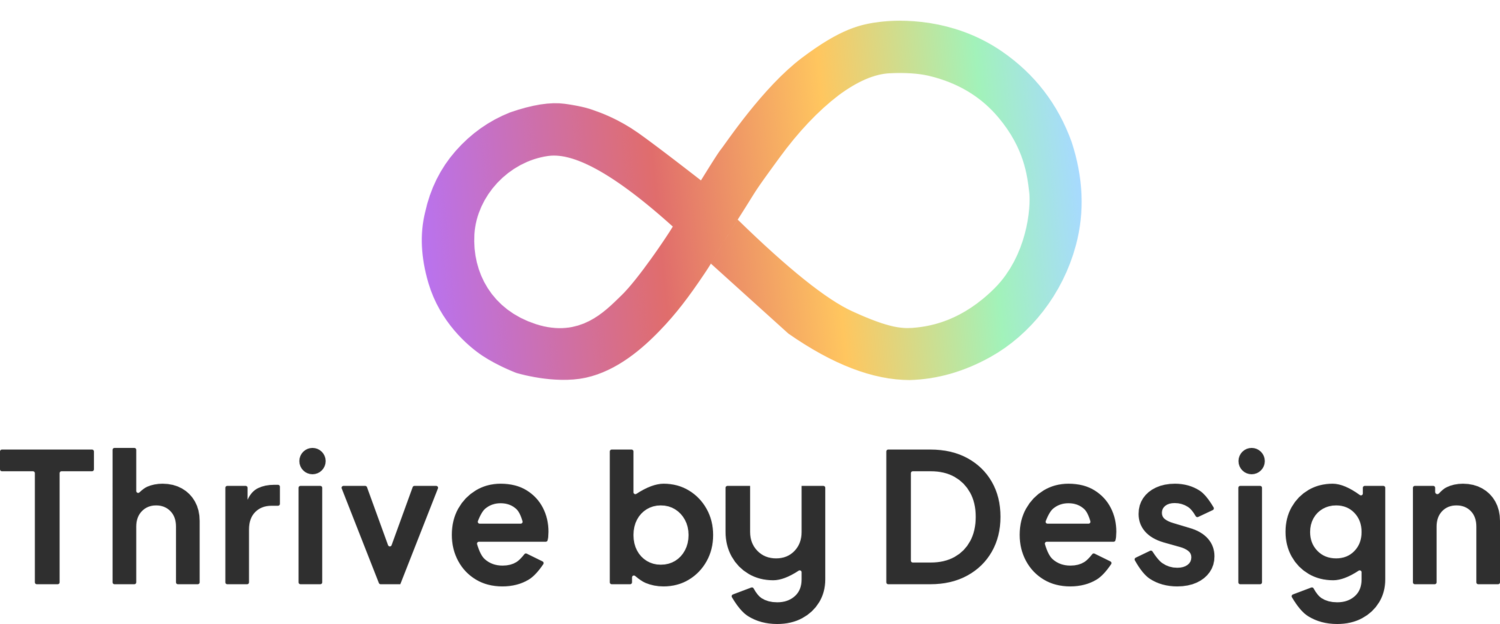An ‘exchange’ approach to engagement within the Gypsy and Traveller community
We’d like to share our learnings and approach taken to engaging the Gypsy and Traveller community in conversations around perinatal and maternal mental health. It’s been a wonderful, rewarding and enlightening process for us all at Thrive by Design and we hope these learnings can help others too.
Our research question: How might we increase inclusion and access to perinatal and maternal mental health services within the Gypsy and Traveller community in West Yorkshire?
The project has taken a gentle, considered pace to allow relationship building and to establish recognition and trust within the community. A partnership with Leeds Gypsy & Traveller Exchange (Leeds GATE) offered comprehensive insights and context before engagement with community members began. They are a trusted, member-led organisation within the community and have been key to introducing us to people in ways that work for them.
The word ‘exchange’ is key to the organisation's ethos, representing two way relationships involving ‘the receiving and giving of gifts, talents and resources’ (www.leedsgate.co.uk). It is intended to represent the idea that community members contribute to the work of Leeds GATE, and receive reciprocal/mutual support rather than Leeds GATE simply providing a service.
We embraced the idea of an ‘exchange’ and developed methods of engagement that spoke to two-way, reciprocal/mutual relationships, for the ‘discovery’ phase of this work.
Our initial engagements towards the end of 2023 focused on establishing relationships with community members, observing what daily life is like for them. With Christmas on the horizon, community members expressed an interest in having a Christmas market style event with wellbeing activities and crafts. Leeds GATE facilitated a space on-site and Thrive by Design brought materials to make Christmas cards and clay baubles. On one hand, these were simply enjoyable activities to engage in, on the other hand we recognised the power creativity has to enable meaningful conversations
Both the Christmas cards and clay baubles, which were personalised with family names, enabled conversations about children, pregnancy, loss, honour and respect. Based on this we took a creative approach to engagement going forward.
The idea of creating family boxes and flower arranging were well received by the community and so follow-on groups focused on these activities whilst having meaningful conversations about people's maternal and perinatal experiences. Conversations naturally became deeper and people shared ideas for improvements that services could make to better serve the community.
Some members preferred to have a private conversation and so we also carried out semi-structured interviews in homes. We kept these informal, conversational and a Leeds GATE staff member was always present. We were honoured by the depths people went to in our conversations, and felt they were really open about mental health struggles despite us initially feeling there would be resistance to talk about this.
Which leads me to conclude with 3 key reflections to support an ‘exchange’ approach to engagement within the Gypsy and Traveller community.
1. Flexibility and adaptability
Life can be busy and complex for community members. Being able to rearrange meet-ups and be available when it best suits the community members is key to engagement. Having an iterative process to develop engagement methods and approaches will also lead to deeper more meaningful insights.
2. Gentle pace
There is a balance between taking time to build relationships and trust, gaining informed consent and establishing clear communication with the community whilst maintaining momentum and ensuring people remember who you are and why you’re there. Establishing a pace for the project that works for the community is important.
3. Participant led
With ‘exchange’ in mind, allowing community members to shape what the engagement looks like and activities they might like to engage in, will reduce hierarchy and create a ‘shared power approach’. We found that community members enjoyed the creative activities, guiding us and showing us how they do things. It was important for us not to come in as ‘experts’; as they are the experts in their own lives.
To learn more about this project or approach please contact thrivebydesign.lypft@nhs.net



